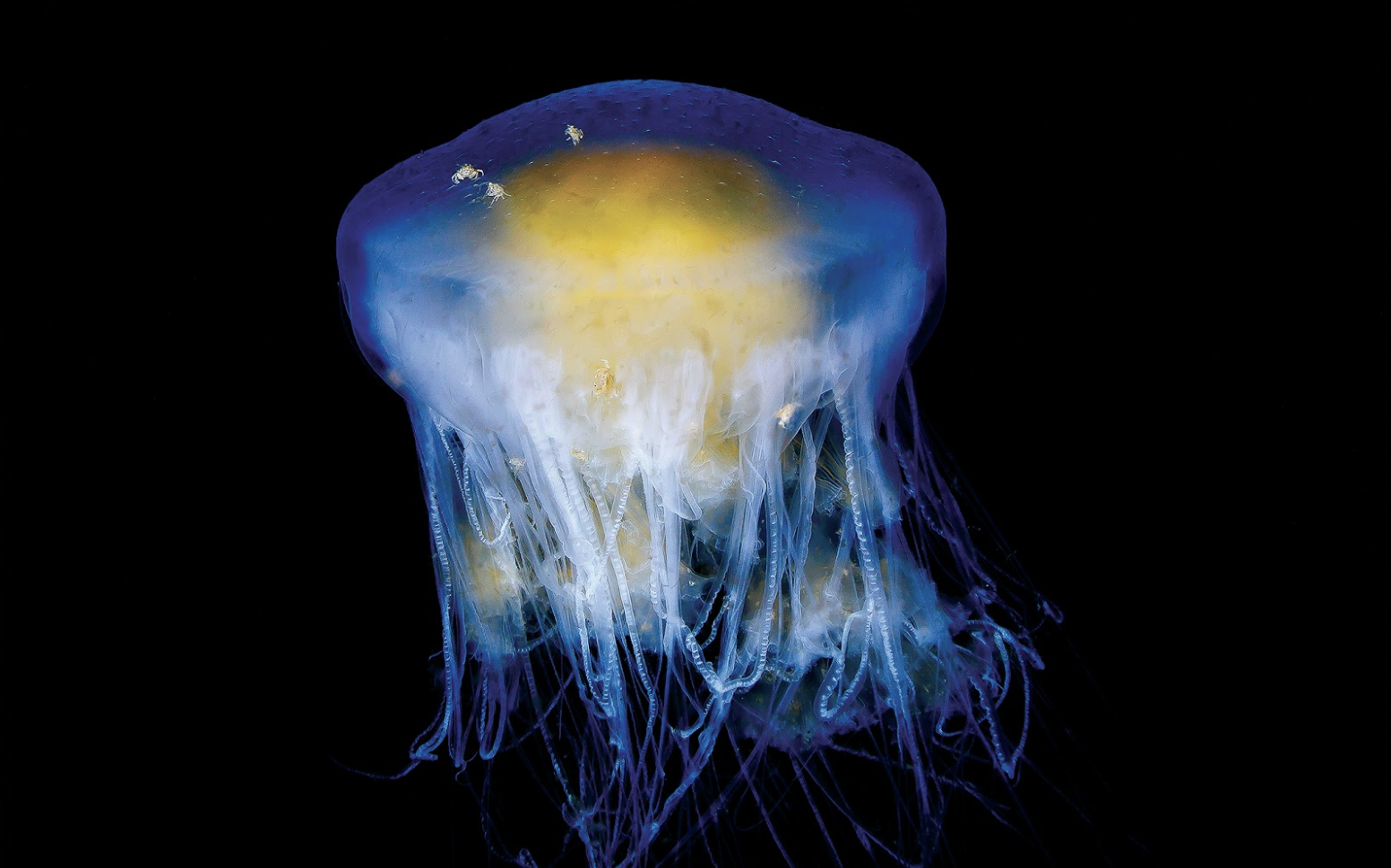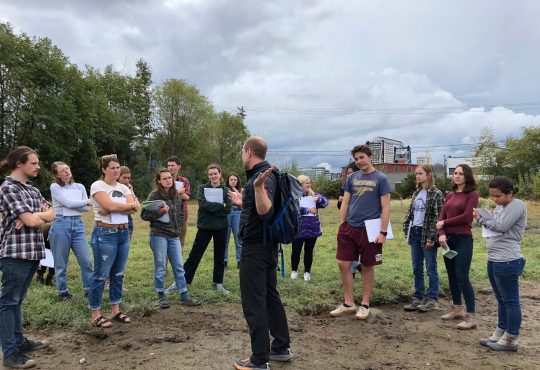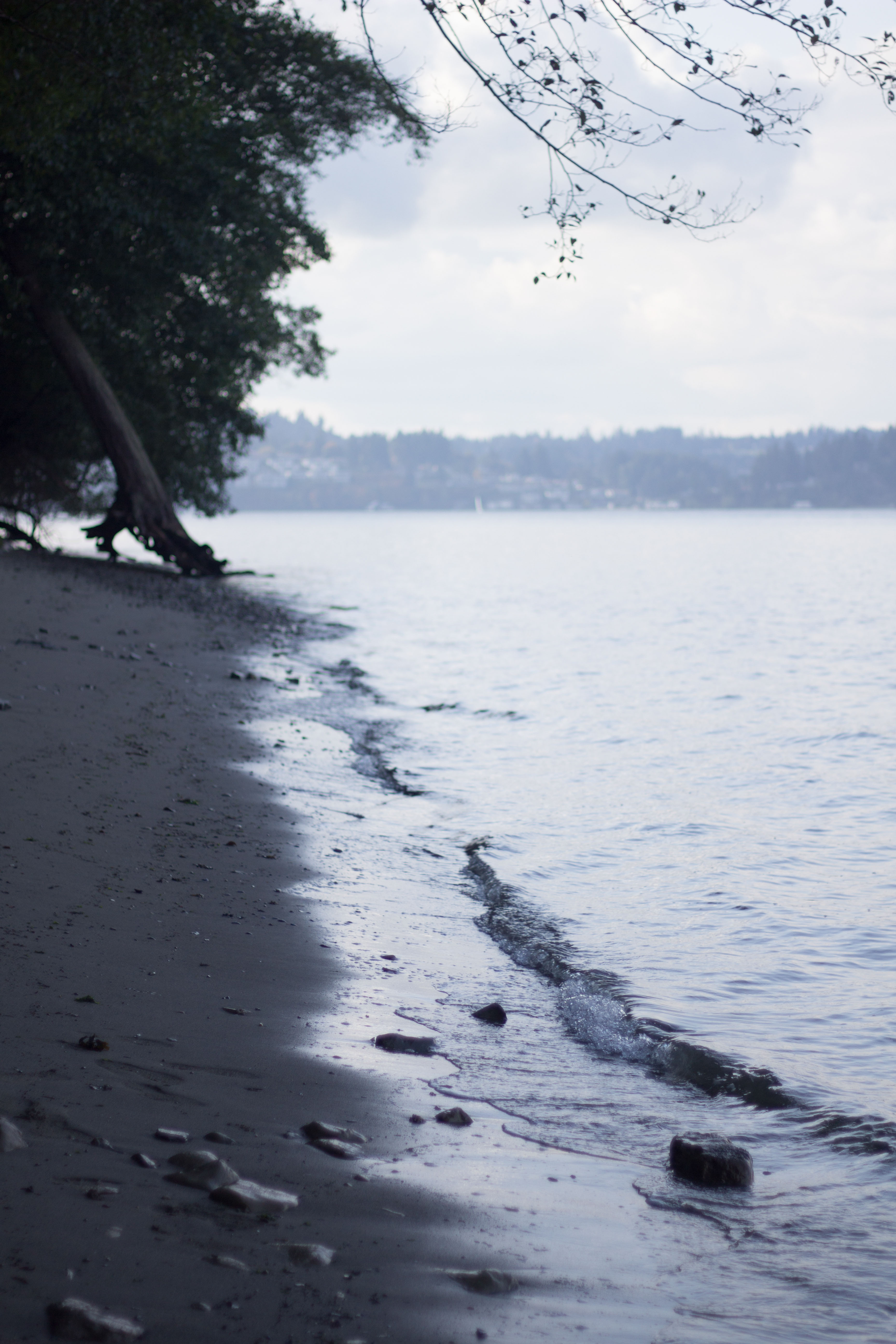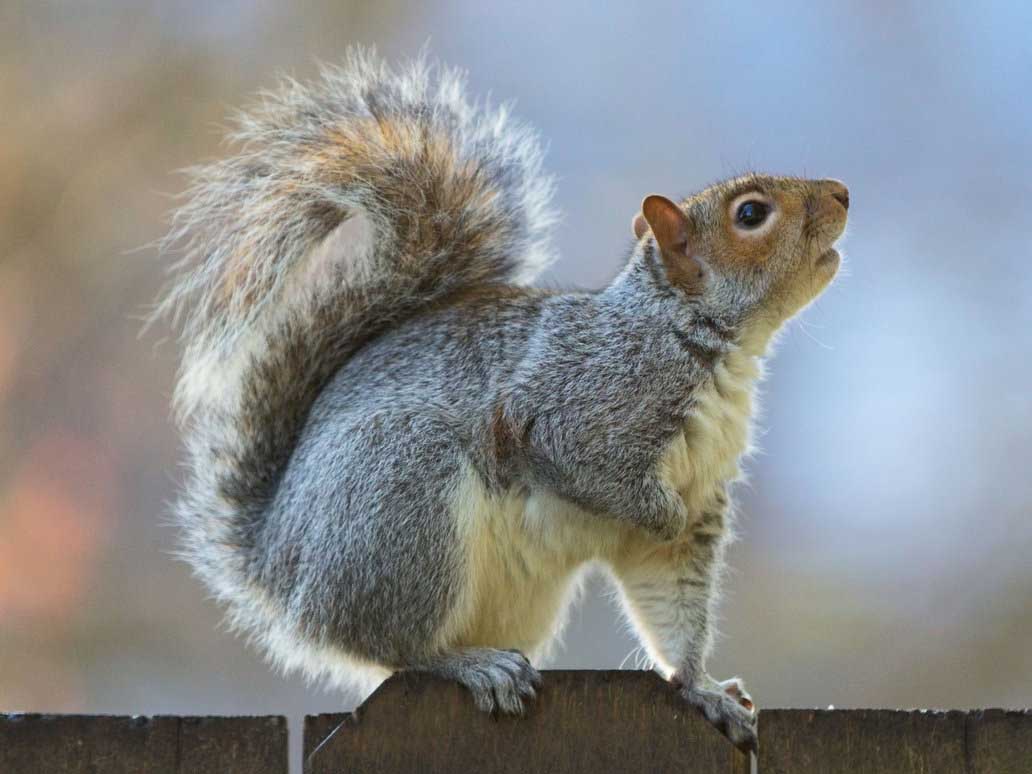
For professional nature photographer and videographer Drew Collins, getting the perfect shot means a lot more than taking a pretty picture. Through his unique and undeniably beautiful underwater photography, Collins hopes to educate the public about the mysterious and captivating world that exists just below the surface of the Puget Sound.
After a long career in business, Collins found his true passion for nature photography and videography in 2009. In the years that followed, Collins’ work gained recognition and he founded a non-profit organization called Made in Puget Sound.
Made in Puget Sound is run by volunteer scientists, naturalists, biologists, photographers and authors. The group’s mission is to enlighten the Pacific Northwest public about the Puget Sound’s ecosystem, and inspire them to help in the fight to conserve and restore local underwater life.
Collins presented his work on Thursday, Feb. 21 from 4 p.m. to 5 p.m. as part of the Thompson Hall Science and Mathematics weekly seminars at the University of Puget Sound. The talk featured images from his new book “Puget Sound Underwater,” the proceeds of which will be donated in full to conservation efforts.
Collins’ colorful underwater photography comes from scuba diving deep into the cold, dark waters of the Puget Sound. Most of the shots are of animals’ faces, almost as if Collins were a portrait photographer for sea creatures.
“I always try to get the animal from the front. So notice, almost every one of my animals … I get their face. I get their eyes. If they have nasis or a nose I get that. If they have a mouth, I get that. That’s because as humans … we can make a connection to an animal with a face,” Collins said.
His goal is to help us understand the struggles of these sentient beings. The impact of pollution and environmental destruction is evident and devastating.
“Everything is under stress from toxins and pollutants and microplastics. … I use my unique underwater photography and videography to get our message across, our message of conservation through education,” Collins said.
Collins’ message is especially important, as stress on the environment is at an all-time high. The delicate ecosystem of the Pacific Northwest is deteriorating and along with it, vital species like the Chinook salmon.
“We’ve lost in the last hundred years over 90 percent of our salmon and salmon runs in Puget Sound. Loss of habitat, industrial development, toxins, pollutions, overfishing, poor logging practices, poor hatchery practices, the list goes on. … If we lose these guys, Puget Sound will just be a waterway … it’ll just be a bunch of polluted water,” Collins explained.
This loss of salmon is not only devastating for our dinner plates; much of the marine life in the Sound depends on Chinook salmon as their primary source of food. The beloved orcas who call the Sound their home are also deteriorating fast thanks to the loss of salmon.
“We are down to 74 remaining in the J, K and L pods. They’re finding that the ones who are remaining are starving … they eat salmon, primarily Chinook salmon. Well, we eat a lot of Chinook salmon and the Chinook salmon are the ones under the most stress and we’re losing those at a pretty big rate,” Collins said.
The loss is due to pollutants from cars and industry, but it is also due to the monumental problem of waste.
“People just dump things in Puget Sound. You’d be amazed what I see in the Puget Sound. Old fish nets, there’s tons of them around … and some of the animals like these kelp greenling eggs, there’s little fish inside here, they make homes in these fish nets and in the garbage that’s underwater … sitting in the Puget Sound,” Collins said.
Although the situation is dire, Collins explained that the average person can make an impact by changing everyday practices like using reusable water bottles and watching what we consume.
“Get involved. Clean up a beach. Stop using these things … Mylar balloons, please stop do not buy Mylar balloons … Stop eating atlantic farm salmon … and help support Made in Puget Sound because we’re helping to get this information out there,” Collins said.
By making small changes to our everyday lives and educating others, we can help reverse these seemingly insurmountable environmental damages. Through initiatives like Made in Puget Sound we are given the education and tools we need to better our environment. The best time to start making these changes is now.



